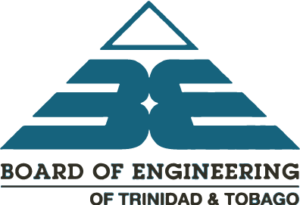What is a Professional Engineer ?
THE PROFESSIONAL ENGINEER
- Definiton
A professional engineer is competent by virtue of his fundamental education and training to apply the scientific method and outlook to the analysis and solution of engineering problems. He is able to assume personal responsibility for the development and application of engineering science and knowledge, notably in research, designing, construction, manufacturing, superintending, managing and in the education of the engineer. His work is predominantly intellectual and varied, and not of a routine mental or physical character. It requires the exercise of original thought and judgement and the ability to supervise the technical and administrative work of others.
His education will have been such as to make him capable of closely and continuously following progress in his branch of engineering science by consulting newly published work on worldwide basis, assimilating such information and applying it independently. He is thus placed in a position to make contributions to the development of engineering science or it applications.
His education and training will have been such that he will have acquired a broad and general appreciation of the engineering sciences as well as a thorough insight into the special features of his own branch. In due time he will be able to give authoritative technical advice, and to assume responsibility for the direction of important tasks in his branch.
- Functions
a. Planning Investigations and Design
- definition of scope of work and goals
- statement of objectives
- analyses
- synthesis
- preparation of drawings and specifications
b. Construction and Installation
- organisation of manpower, equipment and materials
- application of construction techniques in accordance with drawings and specifications
- management
c. Operations and Maintenance
- organisation of manpower, equipment and materials
- management
- trouble-shooting and repairs
- system optimisation
d. Research and Development
- extension of the frontiers of knowledge
- application of results of research to development of a product or system
e. Education
- imparting of knowledge to students
f. Management
- planning and scheduling
- organisation and control of manpower, equipment and materials
- optimisation of output
- financial control
- leadership
g.Sales
- sale of engineering equipment, products, systems and services

